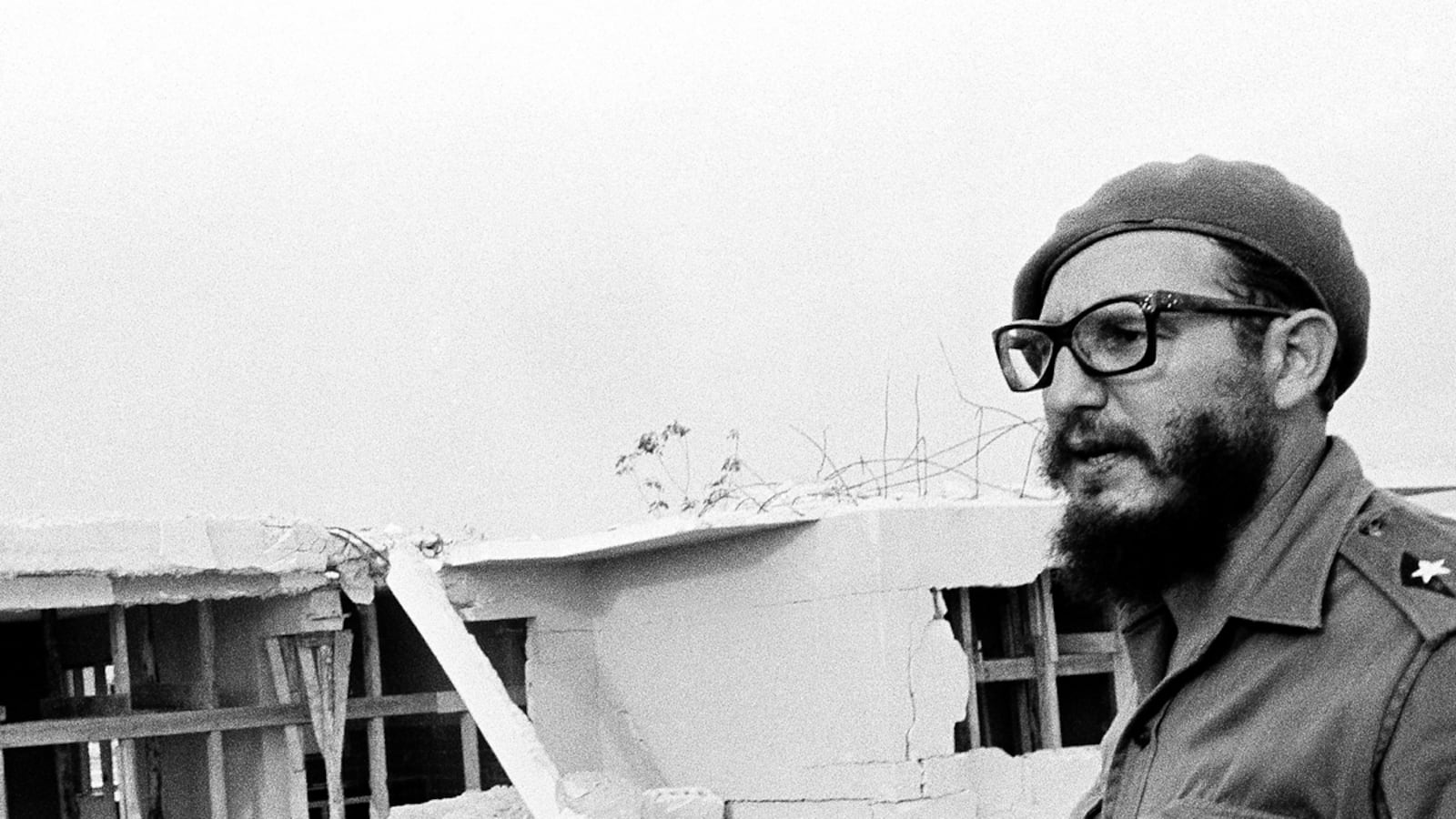In early 1996, as the 35th anniversary of the infamous CIA-led invasion of Cuba approached, I filed a Freedom of Information Act (FOIA) request for one of the most secret and elusive documents of the Cold War: the CIA inspector-general’s investigative report on the covert-operations disaster known as the Bay of Pigs.
The top-secret report laid the blame for the failed mission on the CIA’s mismanagement, incompetence, arrogance, and deception. The report was so scathing that the CIA director had retrieved every copy and shredded all but a handful of them in an attempt to keep it from becoming ammunition in the internal government debate over the spy agency’s future after the Bay of Pigs disaster.
Some 37 years after it was written, and after two years of our prodding and cajoling the CIA to declassify it, the agency finally released the document to my organization, the National Security Archive. To be sure, the revelations generated unflattering headlines around the world. But hiding embarrassing information is not an exemption to the Freedom of Information Act. And the public’s right to know what has been done in our name, but so often without our knowledge, trumps the CIA’s irrational need to guard its historical secrets for as long as it can—years, decades, and, if the agency has its way, even centuries.
Why the CIA stubbornly refuses to accept this basic tenet of democracy is the source of much frustration for those of us in the right-to-know community. Sure, the agency has released millions of pages of documents over the years. But as our most recent experience in trying to obtain its "Official History of the Bay of Pigs Operation" demonstrates again, prying the real historical secrets out of the agency can be the bureaucratic equivalent of passing a kidney stone.
For example, until only a few months ago, the agency had the ignominious distinction of withholding the oldest classified documents in the U.S. government archives: memoranda on the chemical mixtures needed for making and detecting “Secret Inks” and on “How to open sealed letters without detection” that were written in 1917 and 1918, during World War I.

Agency lawyers successfully fended off a FOIA lawsuit filed in the late 1990s by an open-government advocacy group, the James Madison Project, convincing a judge that the formulas in these memoranda could still be used. Only this April, when the Madison Project lawyers appealed to the Interagency Security Classification Appeals Panel, did the formulas for invisible ink and steaming open an envelope finally become public—more than 90 years after they were written.
The CIA presented similar arguments when my organization sued under FOIA for the release of hundreds of still-secret documents on Operation Mongoose, the post–Bay of Pigs set of covert actions and propaganda operations to roll back the Cuban revolution. In particular, the agency refused to release a 10-page memo, dated October 1962, on a specific propaganda operation against Cuba. Not a word could be declassified, CIA lawyers told the judge, because the document contained “a blueprint for an operation that could still be viable.” The judge took one look at the document and ruled that it should be declassified in its entirety.
The “blueprint” detailed a CIA effort to float small helium balloons from a ship anchored off Cuba’s coast. The balloons had baskets attached to them containing plastic toys, records, and anti-Castro propaganda photos and cards; a timer would release the basket and the contents would rain down on the Cuban countryside and urban areas. According to the top-secret memo, CIA analysts tested the gravity and weight of the materials to assure that no Cuban would be injured if struck in the head.
The FOIA wars have continued over the CIA’s "Official History of the Bay of Pigs Operation." For years the agency rejected multiple FOIA requests for the declassification of the massive five-volume study, more than a decade after the far more sensitive inspector-general’s report had been declassified. I filed a FOIA for it in 2005, hoping the CIA would make a gesture to history and simply release the study by the 50th anniversary of the invasion this April. But that was too much to expect. Instead, we were forced to go to court once again in an attempt to liberate this history.
To its credit, the CIA has now released four volumes of the "Official History." But inexplicably, it still refuses to release the fifth and final volume. CIA lawyers are expected to file papers in court this week stating that, for national-security and other considerations, every single word of the fifth volume must remain classified—a half century after the episode it examines took place!

The agency’s continuing efforts to hold history hostage run counter to President Obama’s explicit mandate to open up the secrecy system and advance the public’s democratic right to know. In his very first presidential decree, Obama ordered that “all agencies should adopt a presumption in favor of disclosure” in how they handle Freedom of Information Act requests. “The government should not keep information confidential merely because public officials might be embarrassed by disclosure, [or] because errors or failures might be revealed,” Obama declared. In an executive order last year on redefining national-security classifications, Obama made a point that is at the heart of our FOIA efforts to obtain the full "Official History of the Bay of Pigs Operation": “No information may remain classified indefinitely.”
The CIA seems not to appreciate, let alone accept, this message. Ironically, in the foyer at its Langley, Va., headquarters, engraved in marble, is another famous decree on the connection between freedom and access to information: “And ye shall know the truth, and the truth shall set you free.”
The question for historians, students, and inquisitive citizens is when, if ever, we will know the truth.






